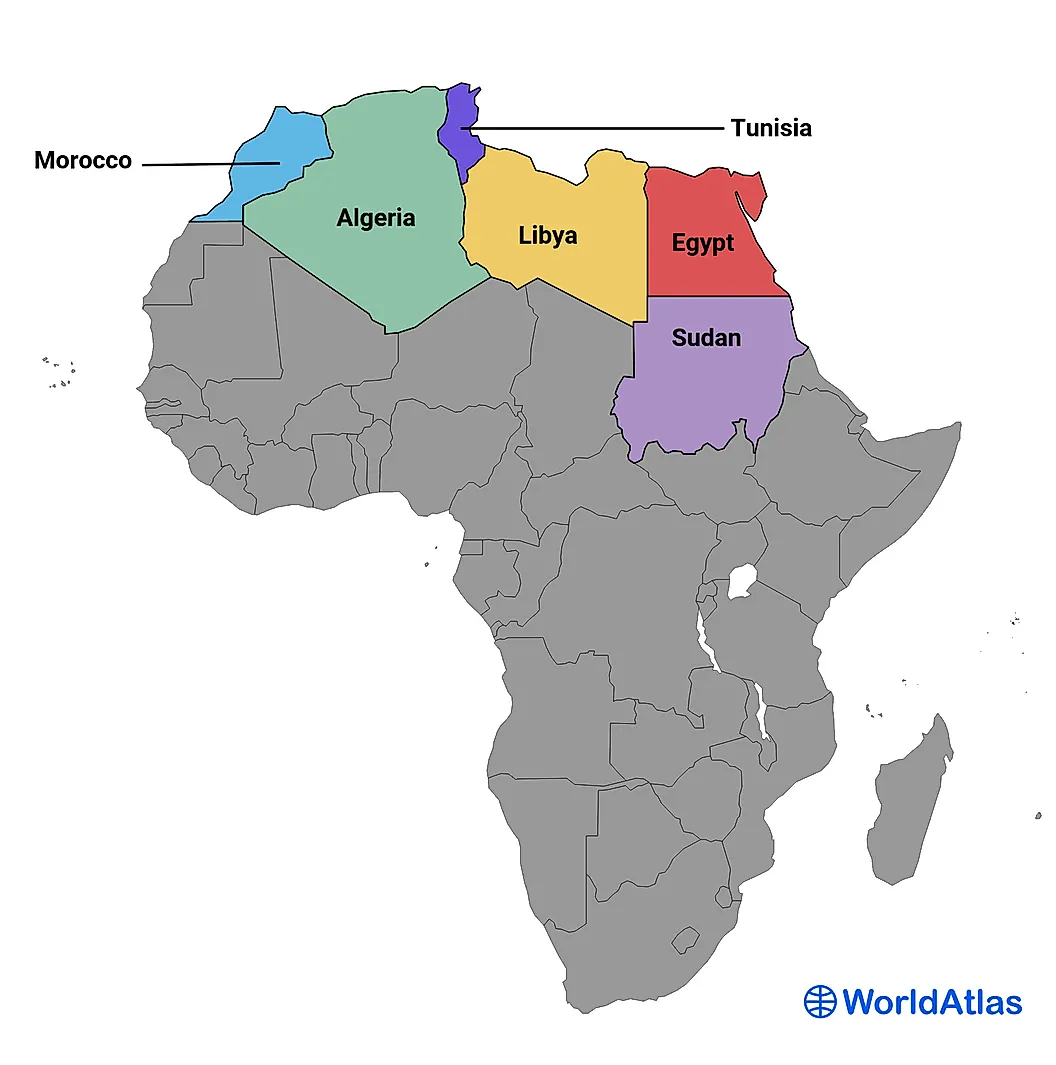
From solar breakthroughs in Morocco to fragile ceasefires in Libya, the North African region this week paints a vivid picture of technological progress juxtaposed with political uncertainty.
Across the Maghreb, governments are grappling with energy goals, regional diplomacy, and economic reforms amid mounting environmental and institutional challenges.
In Morocco, Le Matin reports that the Noor I solar complex in Ouarzazate, a flagship renewable energy project, continues to surpass expectations. According to the OECD’s Development Assistance Committee (DAC), the plant achieved five out of six top-tier ratings, producing over 424 GWh annually—well above its planned output of 370 GWh.
Despite recent technical setbacks, Noor I stands as a global model for clean energy infrastructure.
Meanwhile, Industries.
ma highlights Morocco’s leading cultural role on the world stage. During the 20th anniversary of UNESCO’s Convention on Cultural Diversity in Paris, the country was chosen to represent the Arab Group.
The Takht Attourat ensemble paid tribute to Moroccan musical icons Abdelkader Rachdi and Jilali Belmehdi, showcasing the kingdom’s rich cultural diplomacy.
In Algeria, Echoroukonline details deepening economic ties with Oman following a high-level meeting between industry ministers.
The two nations plan to create joint industrial zones and implement a bilateral roadmap in the coming weeks.
On the geopolitical front, Ennaharonline reports that Foreign Minister Ahmed Attaf met his Iranian counterpart in Istanbul, emphasizing Algeria’s commitment to peaceful diplomacy amid heightened regional tensions.
Tunisia, meanwhile, faces agricultural and environmental pressures. La Presse notes that while market gardening now spans over 115,000 hectares, crops like tomatoes have declined due to water scarcity and soaring input costs.
Artichokes and other less water-intensive crops are seeing slight gains. In parallel, a Babnet survey shows only 13% of Tunisians practice eco-conscious consumption, despite EU-funded awareness campaigns.
In Libya, efforts to secure peace remain tenuous.
According to Libya Observer, armed factions in Tripoli have yet to agree to ceasefire terms following May’s violent clashes. Libyan Express features commentary from Turkish analyst Muhannad Hafizoglu, who criticized EU-led initiatives like the Berlin Process as out of touch with Libya’s realities on the ground.
Further east in Egypt, Khabarmasr reports a heated Senate debate on reforming teacher training. Lawmakers are considering a licensing framework managed jointly by the Ministries of Education and Higher Education.
Meanwhile, Akhbarelyoum covers a state visit to China by the Egyptian Minister of Investment, aimed at boosting cooperation in sectors including automotive technology, desalination, and battery production.
From clean energy milestones to fragile security arrangements, North Africa remains a region defined by sharp contrasts—where ambition frequently runs ahead of reform, and diplomacy walks a tightrope amid fast-changing alliances.



